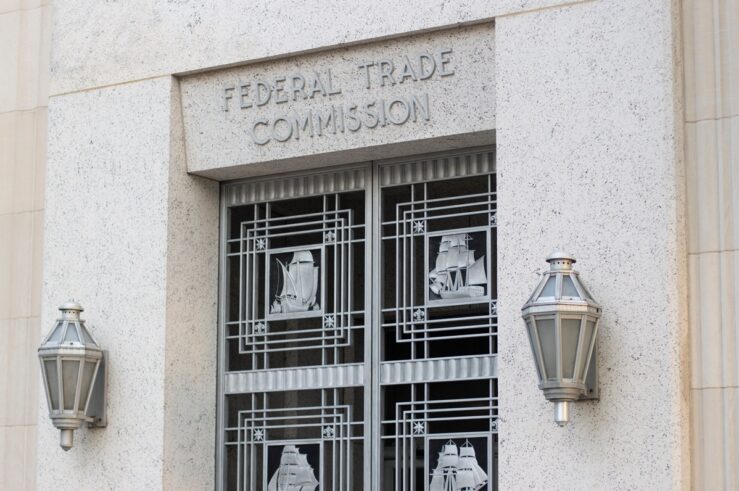Yet another sad story was caught on camera this week showing a group of police officers killing an unarmed African-American man named George Floyd. While the officers were fired from the police department, there is still much uncertainty about what will happen next to hold those officers accountable as a legal matter.
A well-functioning legal system should protect the constitutional rights of American citizens to be free of unreasonable force from police officers, while also allowing police officers the ability to do their jobs safely and well. In theory, civil rights lawsuits are supposed to strike that balance.
In a civil rights lawsuit, the goal is to make the victim (or their families) of a rights violation whole by monetary damages. From a legal perspective, this is necessary to give the victim justice. From an economic perspective this is necessary to deter future bad conduct and properly align ex ante incentives going forward. Under a well-functioning system, juries would, after hearing all the evidence, make a decision about whether constitutional rights were violated and the extent of damages. A functioning system of settlements would result as a common law develops determining what counts as reasonable or unreasonable uses of force. This doesn’t mean plaintiffs always win, either. Officers may be determined to be acting reasonably under the circumstances once all the evidence is presented to a jury.
However, one of the greatest obstacles to holding police officers accountable in misconduct cases is the doctrine of qualified immunity. Qualified immunity started as a mechanism to protect officers from suit when they acted in “good faith.” Over time, though, the doctrine has evolved away from a subjective test based upon the actor’s good faith to an objective test based upon notice in judicial precedent. As a result, courts have widely expanded its scope to the point that qualified immunity is now protecting officers even when their conduct violates the law, as long as the officers weren’t on clear notice from specific judicial precedent that what they did was illegal when they did it. In the words of the Supreme Court, qualified immunity protects “all but the plainly incompetent or those who knowingly violate the law.”
This standard has predictably led to a situation where officer misconduct which judges and juries would likely find egregious never makes it to court. The Cato Institute’s website Unlawful Shield details many cases where federal courts found an officer’s conduct was illegal yet nonetheless protected by qualified immunity.
Immunity of this nature has profound consequences on the incentive structure facing police officers. Police officers, as well as the departments that employ them, are insufficiently accountable when gross misconduct does not get past a motion to dismiss for qualified immunity. On top of that, the regular practice of governments is to indemnify officers even when there is a settlement or a judgment. The result is to encourage police officers to take insufficient care when making the choice about the level of force to use.
Economics 101 makes a clear prediction: When unreasonable uses of force are not held accountable, you get more unreasonable uses of force. Unfortunately, the news continues to illustrate the accuracy of this prediction.




